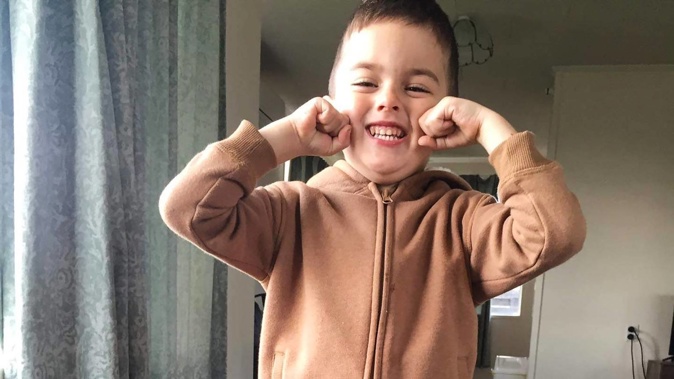
By Andrew McRae of RNZ
It is a recommendation from the review released into the death of 5-year-old Malachi Subecz. However, the Government says it needs time to look into it.
Child Matters chief executive Jane Searle said successive governments had dragged their feet on mandatory reporting because it was not seen as a vote winner.
‘’Absolutely it needs to be an election issue. We need a focus on it from politicians, not just the rhetoric that we have been getting for years. We actually need some ministers and senior management of Oranga Tamariki to make the necessary change.
‘’We are losing about eight children a year and have done for the last 10 years. So that puts us at a high rate when you compare us with other countries. We should be leading the world in this and not have such shocking, horrifying statistics.’’
Mandatory reporting could be easily implemented based on experience overseas, Searle said.
‘’We should look at the models that other countries already have in place. Parts of Canada, the US, Australia and Ireland. These are models we can learn from.’’
/cloudfront-ap-southeast-2.images.arcpublishing.com/nzme/4XA7D2Y5LVE6RJRJDJJ4C5FTMI.jpg)
Malachi Subecz's family want him to be remembered for his kind nature. Photo / Supplied
New Zealand could not afford to wait any longer, because more children would die, she said.
‘’We need robust legislation that is clear on who is mandated, and then we need to train those mandated reporters, so they know how to engage with the system and what to report. If we do that it should work well.’’
There was a huge amount of urgency around having mandatory reporting, she said.
‘’We need to address it quickly and make it a priority. It simply hasn’t been a priority because successive governments have looked at the issue and it has never been a priority and therefore it has just fallen off the radar.’’
Safeguarding Children chief executive Willow Duffy said she endorsed the call for mandatory reporting.
But she said it was not enough to just have policies in place.
“We need to move to mandatory reporting and we also need to make sure that the centres that have child protection policies are audited to make sure they mean something and they’re working in practice. We’ve got to move away from tick-box exercises - it’s just not good enough.”
Frontline workers like doctors, nurses and teachers needed training in child protection so they knew what to do whenever they had concerns, Duffy said.
Searle said child abuse exhibited the worst of human behaviour and that was confronting for all to deal with, but the reality was unless we actually got serious with our solutions and actually keep focused on it, from politicians down to community leaders, down to individuals in the community, we were not going to see a change.
‘’I just don’t think New Zealanders should be willing to accept that. A country of our size that we are going to lose eight children a year at least. I just don’t think that is acceptable,’’ she said.
- RNZ
Take your Radio, Podcasts and Music with you









